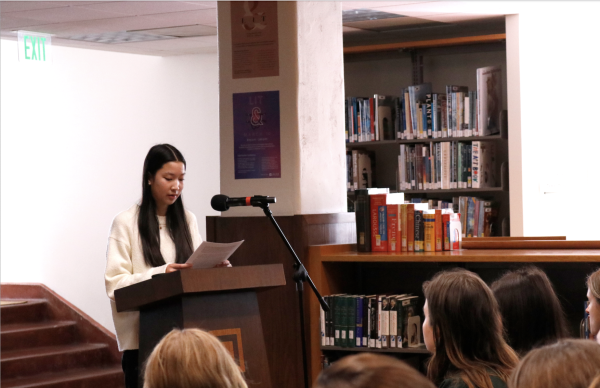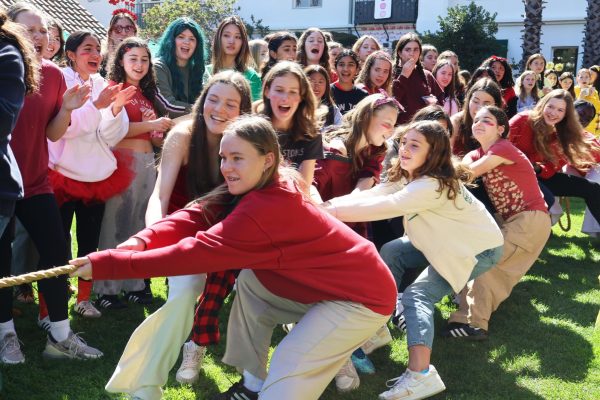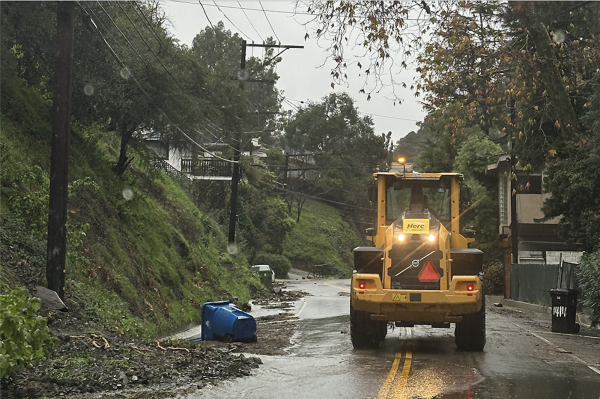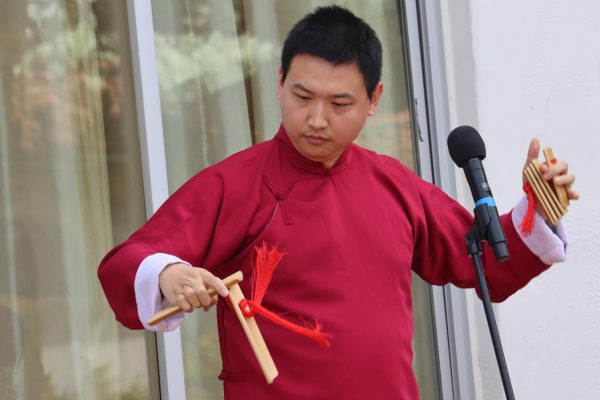Learn from the pros: breaking down Archer’s Film Festival panels
During “Breaking into the Business,” panelists gave aspiring people advice how they got into the film industry and how they can get into the industry as well. Panelists ranged from actors, producers, directors and writers. Photo by Anika Bhavnani ’17
After a night of listening to J.J. Abrams at the ArcLight Cinema Culver City, students, parents, teachers and filmmakers gathered in the Rose Room on Thursday, April 28, to listen to other panelists share their stories about being in the film business.
There were three panels with professionals from the film industry: Women in Film, Breaking into the Business and Television Now.
The festival’s mission is “not to exclude men, but to include women,” and panelists followed this trend.
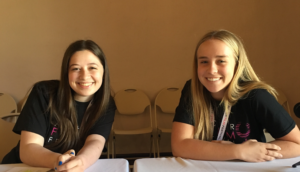
The first panel included four women, all of whom had a different job in the film industry: Jennifer Grey, actor; Karen Baker Landers, sound design; Kirsten Schaffer, executive director; and Rena Ronson, partner and head of UTA Independent Film Group.
The next panel, Breaking into the Business, included Suzanne Todd, producer; Jason Reitman, director; Mimi Gianopulos ’07, actor; Maureen Bharoocha, director/writer; and Hannah Minghella, president of TriStar Pictures.
The last panel, Television Now, featured Ed O’Neill, actor; Tiffany Smith-Anoa’i, executive vice president, diversity, inclusion & communications, CBS; Joshua Malina, actor; and Lisa Rinna, actor and TV personality.
Collectively, panelists gave advice to aspiring students who want to go into the industry.
Multiple panelists encouraged students to go to college, to see if they truly want to go into the film industry.
“I think — especially as an actor — you train. I don’t think you can make talent, but it is really important to go to school to see if it is something you actually really like,” Gianopulos said.
However, Rinna had a different experience.
She had always wanted to be an actress, so she went to college to help jump start her career. She was enrolled in an acting course at the University of Oregon, where she and a partner had to perform a scene from a play. Rinna and her partner did not deliver up to par.
“My acting teacher did not put me into [the next acting class] and told me to not go into acting. I was devastated,” Rinna said, “So, I quit school, and I started modeling, traveling, but I did not give up. I came down to Los Angeles, even though my teachers told me not to. Them telling me ‘no’ gave me that drive. I fought my way through, and I am still fighting. So, my message to you is: no matter how many ‘no’s’ you hear, there is a yes.”
A major takeaway from the panel was to keep pushing yourself and to make yourself the best you can possibly be. Reitman said that when he went into the business, he kept on asking himself how he could jumpstart his career.
“I started to really think about how can I play these festivals? How can I start my career that way? When I was in college, one of my friends gave me a book called ‘Thank you for Smoking,’ that I just fell in love with. I thought, ‘This is who I want to be as a filmmaker. What kind of short films to I need to make to direct this film?’ So, when I was at Sundance, I got an agent, and I wanted to make ‘Thank you for Smoking,’ Reitman said.
Bharoocha said that it is all about creating things and getting yourself out there.
“I think I sent two hundred letters [for a job] and I got one interview, and the crazy thing is that I got that job, which was a good job, and it grew into more things. At that job, I got to do every one of those incredibly tedious things to do and I learned from them,” Todd said.
“For as long as I can remember, I wanted to be an actor,” Malina said, “I went to college and majored in theatre. I took a job as a personal assistant because someone told me to get a job somewhere in the realm of what you want to do.”
When it comes to being a woman in the industry, panelists in Women in Film shared some advice on how gender affected them.
Barker said, “As a young woman, I never really thought about it until it hit me in the face. So it did affect me, less now but definitely in the beginning.”
“It did not affect me, I think because I am more on the non-profit side of the business. I am sort of part of that generation where I believe girls can do anything. It probably wasn’t until I was 27 and moved to Los Angeles that in this business, even though we know they can do anything, the business treats you like you can’t,” Schaffer said.
When Ronson was at her old agency, she witnessed an unfair balance between her and her co-head which made her angry. She realized that he made more money than her and took more credit when she was doing most of the work.
“When I started experiencing them, it was that change where I saw that this was not fair,” Ronson said, “Now I run the department, and I hire people. I have an equal balance in my department because I think that is important and what makes a great department. I think it changed because I became aware,” Ronson said.
The panelists shared tips to aspiring girls who want to join the industry.
“Get good at everything, everything that you love. If you want to be an actor, really learn how to sing, dance, write and produce,” Grey said, “Be so good, work harder than everyone but take care of yourself. Self-care is so important and not talked about enough. They are not really orientated to balance the ambition and hard work with the self-care.”
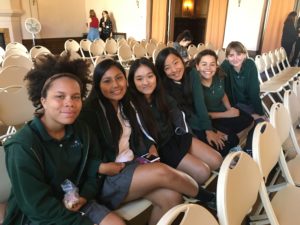
“The most successful people I know have been really good goal setters. My biggest piece of advice is to set goals and if the goals don’t work, you can change them,” Baker said.
“Be the best you can be, but you don’t have to be the best either,” Ronson said, “I had never thought that being a Spanish major could get me to where I am today. Being an international major set me apart, and started my career by working in Latin America.”
When it comes to the changes in television, there is a consensus that there has been a lot of change throughout the years. The first major change is the mass selection of channels to watch on television. Additionally, there is this phenomenon of reality television. Furthermore, there is streamable content on sites such as Hulu, Netflix or Youtube.
“Today, being on a reality show is much more polarizing. I am myself but I am still doing a television show, so I am still playing a character but it is me. It is very complicated to explain, but it is polarizing. It is almost like being a politician, people either love you or hate you, and I am not used to that. It has been an interesting learning curve for me. I prefer a script, I think,” Rinna said.
“A lot of people think, ‘Oh I saw it on television so it must be true,'” Smith-Anoa’i said.
However, it is not necessarily true.
“Well I can tell you from my experience, I have done a few reality shows. On Dancing with the Stars, that is real. It is all really real, and really scary. I did a show called Apprentice, and that was really scary, really hard, and really real. It did not feel scripted at all,” Rinna said.
“Now going to Real Housewives of Beverly Hills, I would not call this show scripted in anyway shape or form,” Rinna said. “I am not told to show up somewhere to go have lunch with certain people. But what happens in a show like this, is a story starts to develop. It builds up organically, but what I find what happens is that the producers, or the people behind the curtain, are so good about being our buddy or our friends. They tell us something, but most of the time it sounds great. Are we manipulated and directed in a way where we don’t know what is happening? Yes, because it is a story they want to tell.”
Panelists encouraged students who are questioning a decision to go for it and not take ‘no’ for an answer.
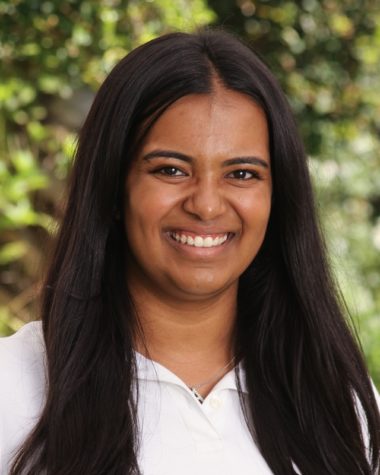
Anika Bhavnani became a member of the Oracle staff in 2015. She was promoted to co-Voices editor in 2016 and was promoted to editor-in-chief for the 2016-2017...




![Freshman Milan Earl and sophomore Lucy Kaplan sit with their grandparents at Archer’s annual Grandparents and Special Friends Day Friday, March 15. The event took place over three 75-minute sessions. “[I hope my grandparents] gain an understanding about what I do, Kaplan said, because I know they ask a lot of questions and can sort of see what I do in school and what the experience is like to be here.](https://archeroracle.org/wp-content/uploads/2024/03/grandparents-day-option-2-1200x800.jpg)
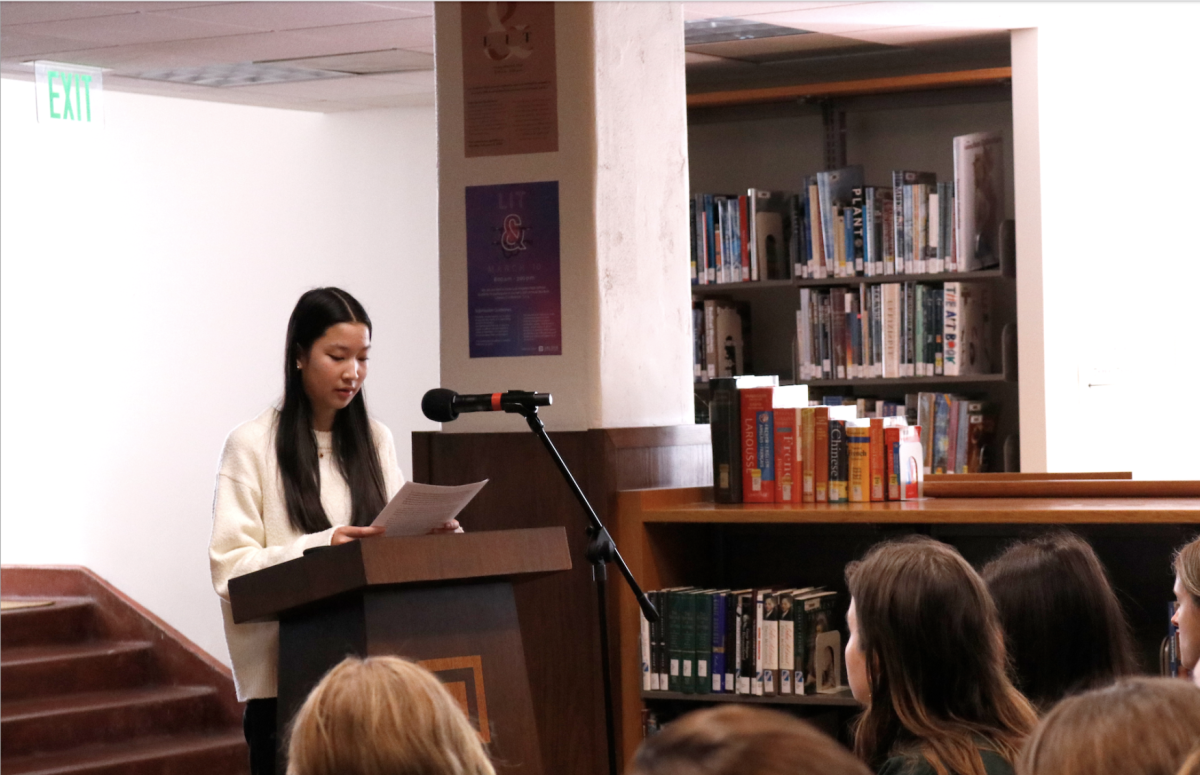










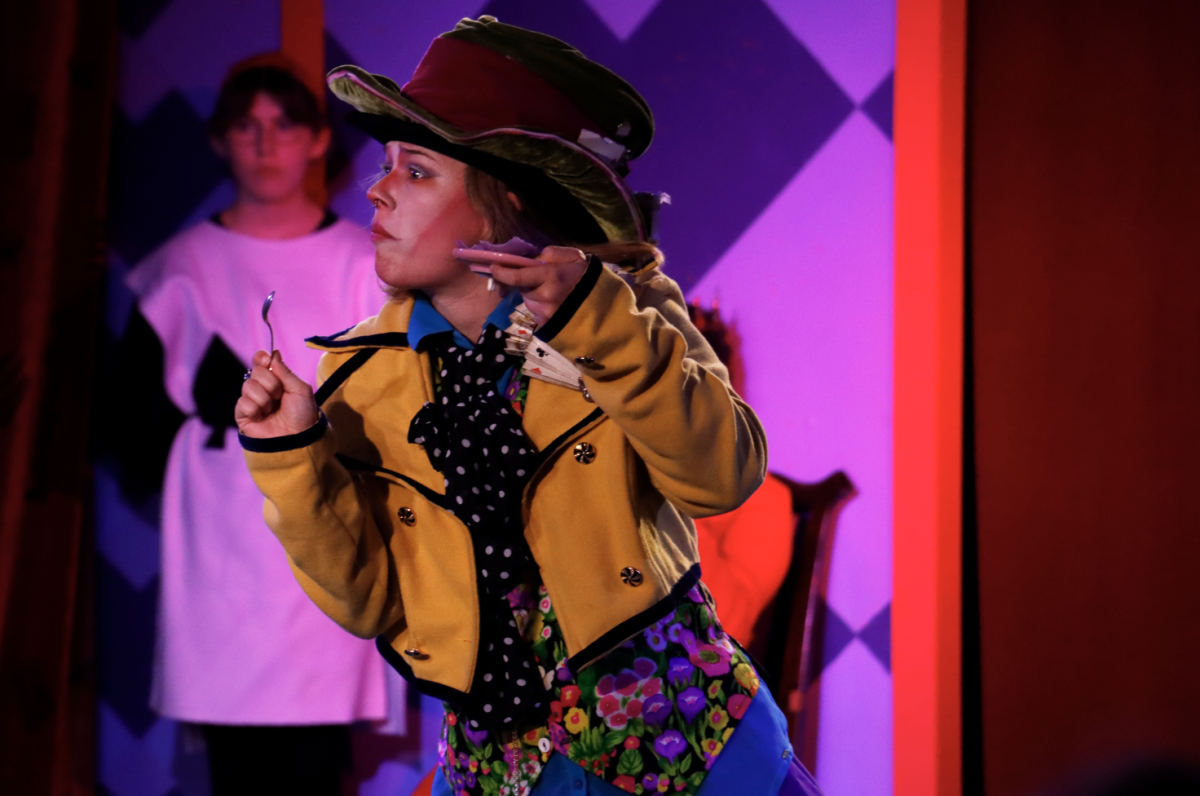
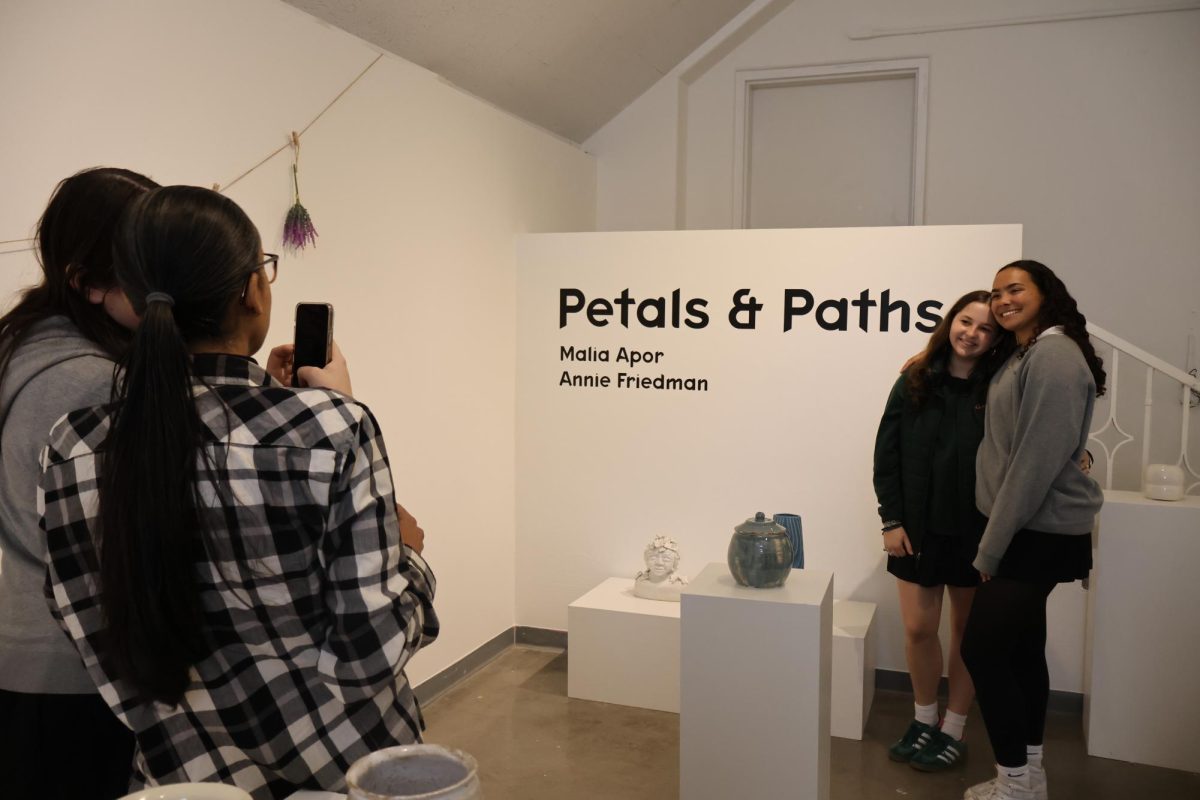







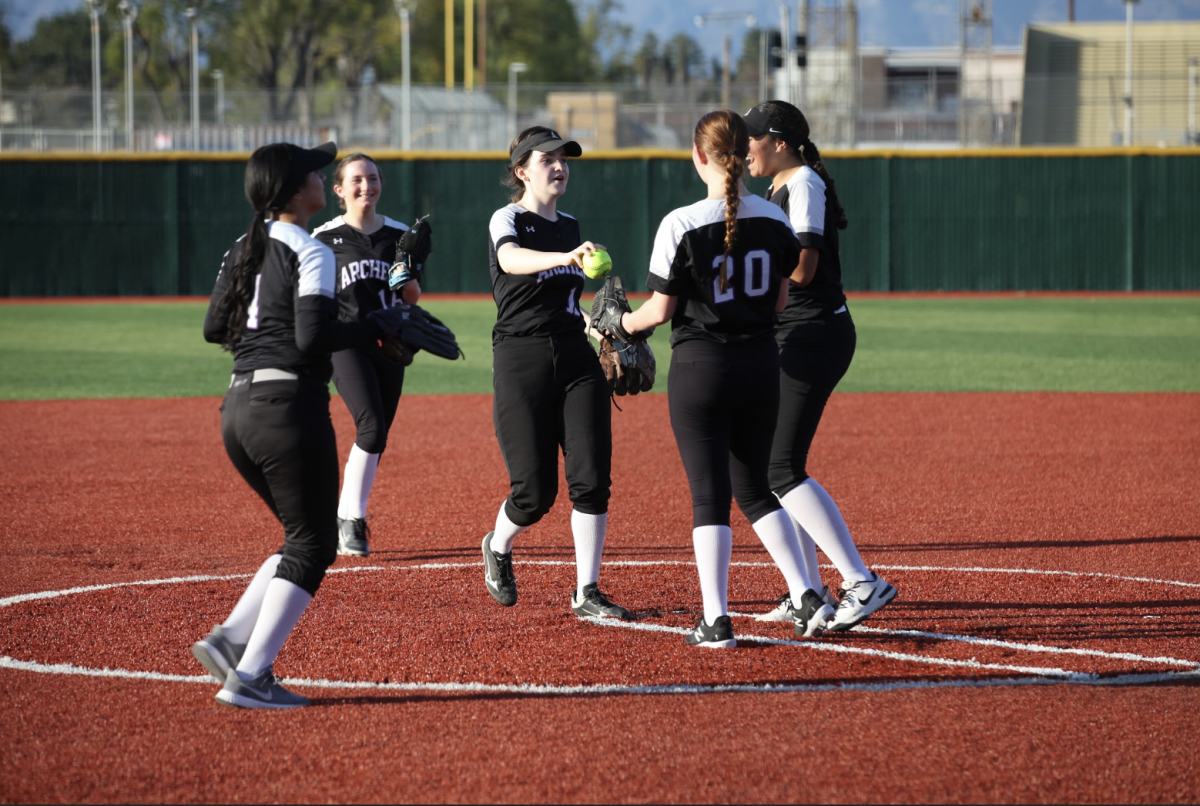

























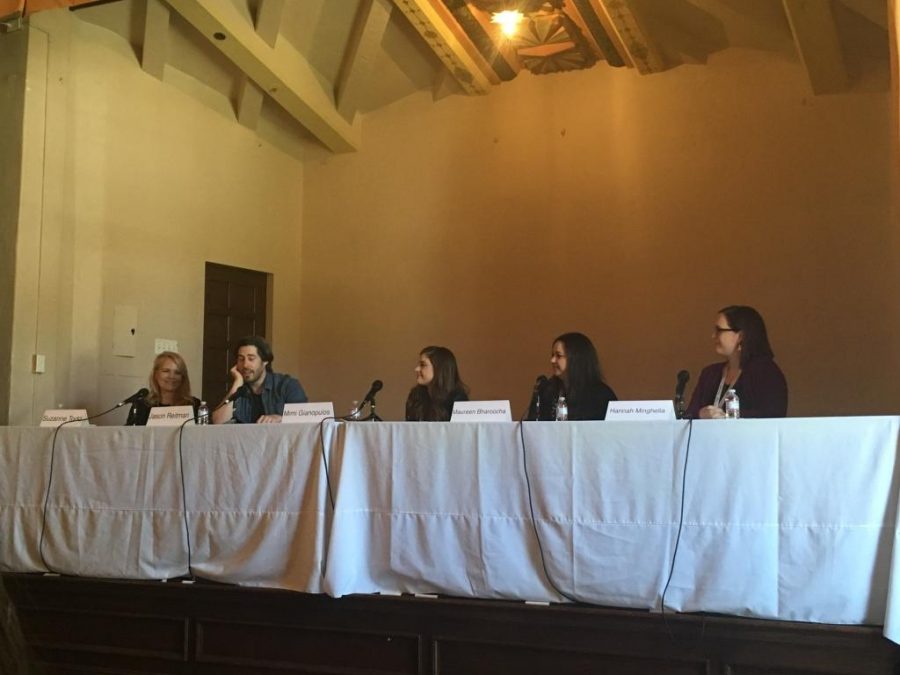
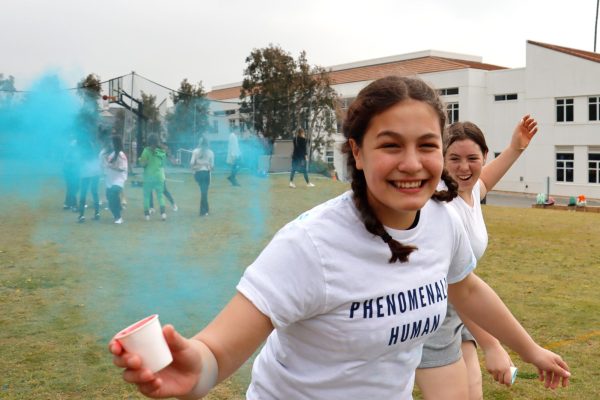
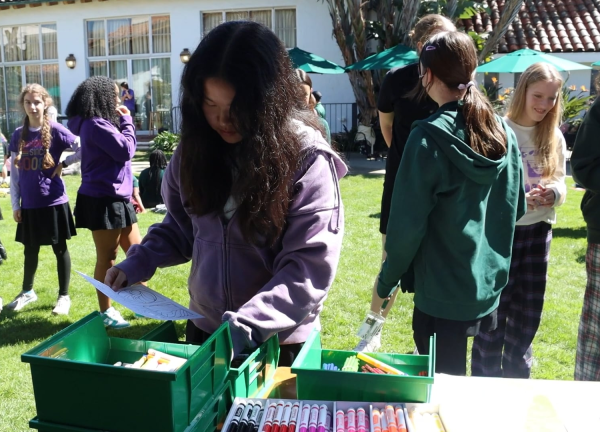
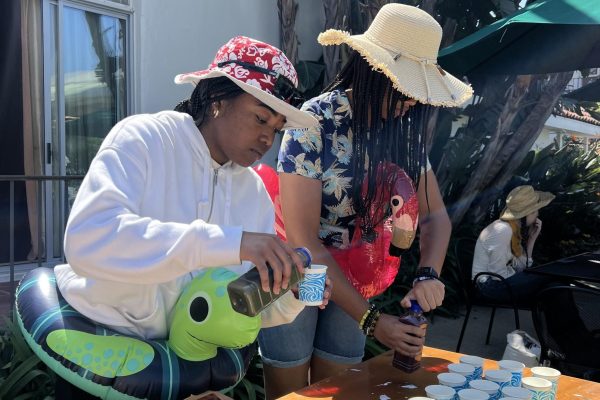
![Freshman Milan Earl and sophomore Lucy Kaplan sit with their grandparents at Archer’s annual Grandparents and Special Friends Day Friday, March 15. The event took place over three 75-minute sessions. “[I hope my grandparents] gain an understanding about what I do, Kaplan said, because I know they ask a lot of questions and can sort of see what I do in school and what the experience is like to be here.](https://archeroracle.org/wp-content/uploads/2024/03/grandparents-day-option-2-600x400.jpg)
